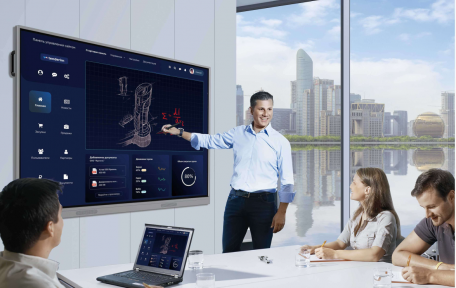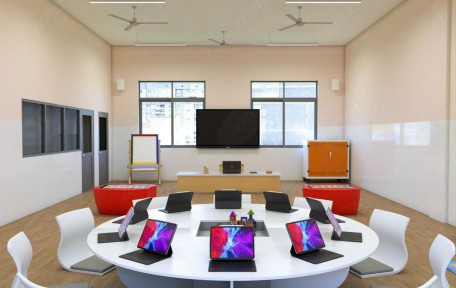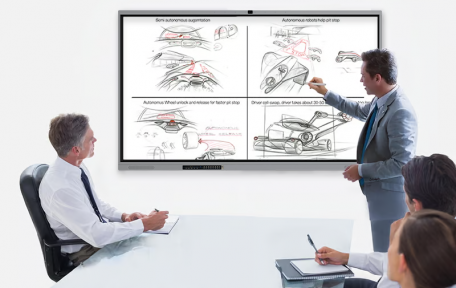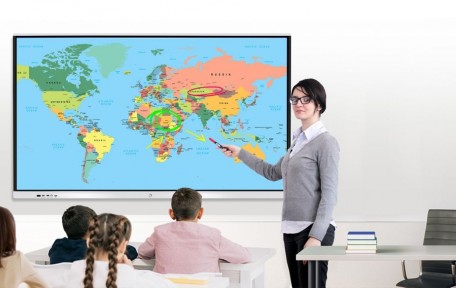How Smart Touch Tables Are Revolutionizing Education, Work, and Play
1.Education: Collaborative Learning Unleashed
In classrooms, the smart table for education becomes a dynamic lab. Students dissect virtual frogs in biology—zooming into organelles with pinches—or solve math puzzles by dragging numbers across shared workspaces. Teachers deploy AI-powered geography quizzes where teams rotate continents into position, while the waterproof surface withstands excited soda spills. At the Khan Academy Lab, such tables boosted group problem-solving speed by 40%, proving tactile learning trumps passive screen-watching.
2.Office: The Agile Collaboration Hub
Boardrooms shed projectors for interactive furniture that thinks. Designers manipulate 3D architectural models on the tabletop, flicking blueprints to colleagues’ tablets via gesture controls. During hybrid meetings, remote participants "draw" directly onto the shared surface from afar, while real-time translation windows auto-align beside sketches. For firms like IDEO, these tables cut design review cycles by 30%, replacing clunky presentations with fluid, multi-user ideation.
3.Entertainment: Playgrounds at Your Fingertips
At home, the touch screen table morphs from dinner surface to gaming arena. Families duel in augmented reality chess—pieces exploding when captured—or paint in virtual reality with brushes made of light. Waterproofing lets toddlers finger-paint with digital watercolors, while 4K resolution streams movies under picnic blankets. Cafés leverage them for interactive menus: tap a coffee image to see its origin story, or split bills by dragging names across the table.
The Bigger Picture: Why This Changes Everything
The multi-touch smart table transcends being a tool—it rewires how we interact with information. For education, it democratizes hands-on STEM access; for offices, it kills "death by PowerPoint"; for homes, it blends utility with magic. As AI integrates deeper (imagine tables suggesting lesson plans or optimizing workflow diagrams), these surfaces will become proactive partners. Crucially, they humanize technology: grandparents zoom family photos with a pinch, toddlers learn letters by tracing glowing alphabets, and teams brainstorm through shared touch—not solitary screens.









